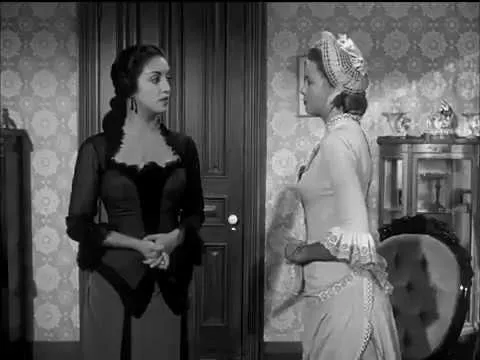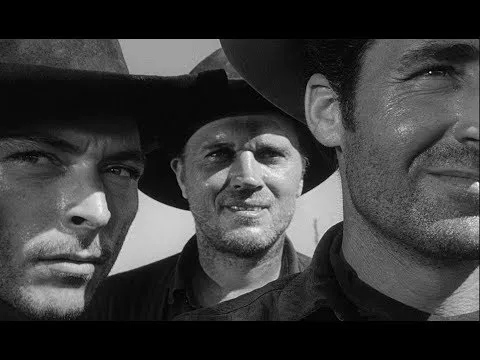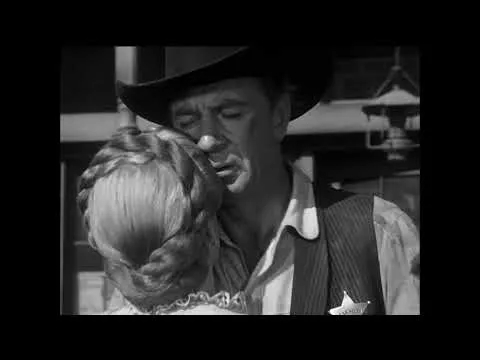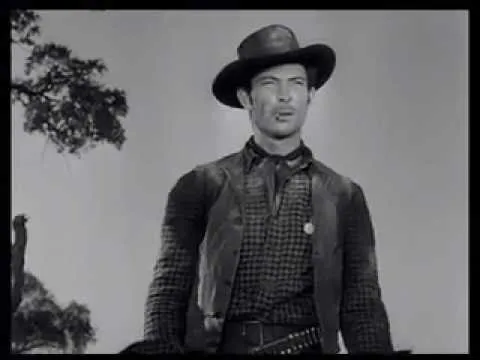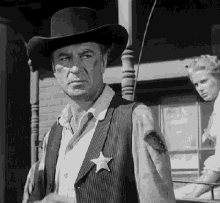
When we most need each other as human beings we disappear, and we always find reasons to justify ourselves.
Tired of his job as sheriff Will Kane (Gary Cooper) decides to hang up his guns and marry the young religious and pacifist Amy (Grace Kelly), then leave the town of Hadleywille and devote the rest of his life to business.
Suddenly, the town learns that the criminal Frank Miller, (sent to prison by Kane), has been released and will return to settle a score with the sheriff and then take over the town. Miller has three rustlers waiting for him at the train station.
In an anguishing countdown very well narrated in real time, it shows a brave sheriff but fearful of his future before the arrival of revanchist criminals, where he bravely assumes the responsibility of facing the facts, creating anxiety in the expectation of revenge that later turns into phobia. It is the first time in cinema that a western faces a psychological drama in its main plot. The hero is a frightened and humble man, instead of the Western tough guy.
He only receives support from a drunkard, a boy who did not know how to shoot and his ex-lover Helen Ramirez, at the same time ex-lover of the bandit Frank and Harvey's current lover. Kane rejects these aids and decides to take on the outlaws alone.
Helen Ramirez, (Katy Jurado) in spite of having a disorderly life presents a certain sense of justice and honor. She flees because she knows she is defenseless and that she will be the first victim after Kane, but she reproaches Amy for her lack of sense, and Harvey for his petulance and disloyalty.
Amy, hearing gunshots just as the train was about to depart, opts to go back and stand by her husband's side. In the end, thanks to Amy's help, Will Kane liquidated Frank Miller and his gang. Amy, fought for love with her man against herself. Faced with the dilemma of following religious precepts or eliminating the representatives of evil, she chose the latter alternative. Her reaction was moral.
The film ends when the townspeople emerge from their dens and surround Will Kane with admiration. The sheriff looks down on them with contempt and threw his star of justice to the ground.
The action unfolds over the course of a day, almost in real time, with numerous clocks appearing in the plot to mark the slow and tense passage of time. The film is conceived as a thriller.
High Noon is a 1952 western, the film was rehearsed in ten days, and its director Fred Zinnemann shot it in twenty-eight days. Its cost was 730.000US$ and grossed 12.000.000 US$.
Grace Kelly's first great role was in this film, as Amy Fowler, the young wife of Sheriff Kane, who became a great star.
The screenplay of High Noon belongs to Carl Foreman, and is based on a story entitled "The Tin Star" by John W. Cunningham.
The composer, Dimitri Tiomkin, won the Oscar in 1952 for Best Original Score and Best Song.
The film also won an Oscar for best editing.
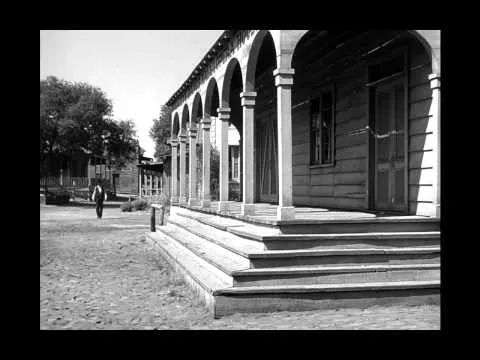
Source
Gary Cooper got this role at the age of 50 and was already seen as a star in decline, for Grace Kelly this was her second film role and she was only 21 years old. Katy Jurado, despite having already worked in Holywood, was not fluent in English and her choice for the role of Helen Ramirez motivated her to learn the language, she also brings an exotic beauty to the screen every time she appears. All three give excellent performances.
This is the first time in cinema that a western has tackled a psychological drama in its main plot. The hero is a scared and humble man, rather than the tough guy Western. There is a very strong psychological and dramatic development throughout much of the film that supports the narrative structure of the film, along with Gary Cooper's superb performance.
The film is an exposé against the cowardice of an entire people who behave like a herd, frightened and selfish. The protagonist is left to face the danger, only by the firm belief of doing his duty and doing the right thing.
John Wayne, hated High Noon because according to him it presented Americans as a cowardly and selfish people who hide and leave their sheriff alone against the bad guys.
However, the following year it was John Wayne who picked up the Oscar for Best Actor on behalf of Gary Cooper, who was unable to attend the ceremony. He was full of praise for the film and publicly regretted that he could not have starred in it.
This is my proposal to participate in the initiative CineTV Contest: Western Movies that Moved You! Link Her
Source of the first gif:
